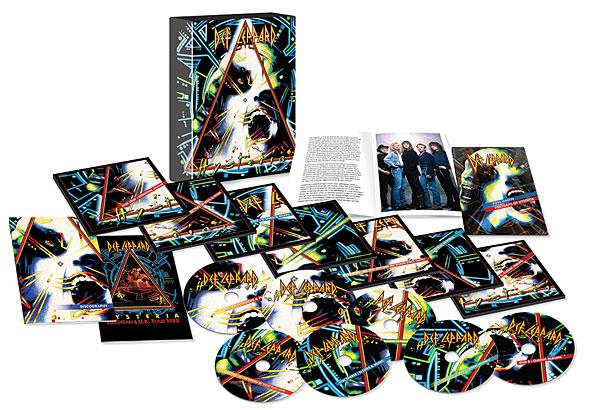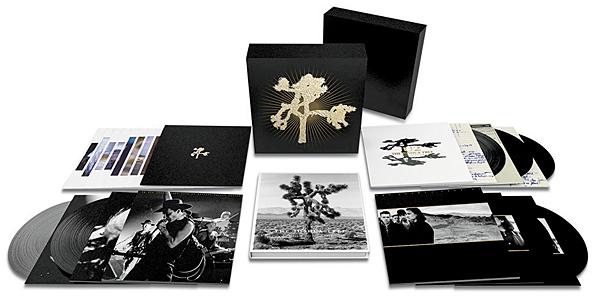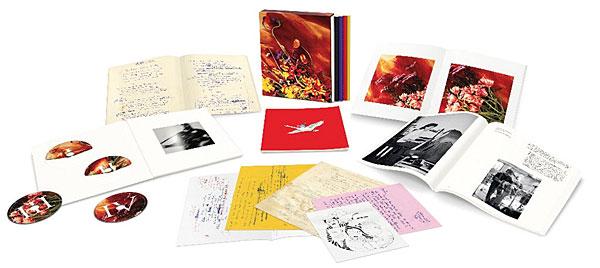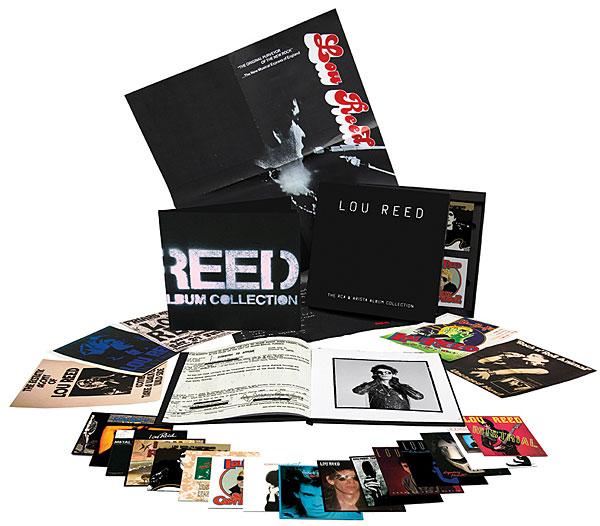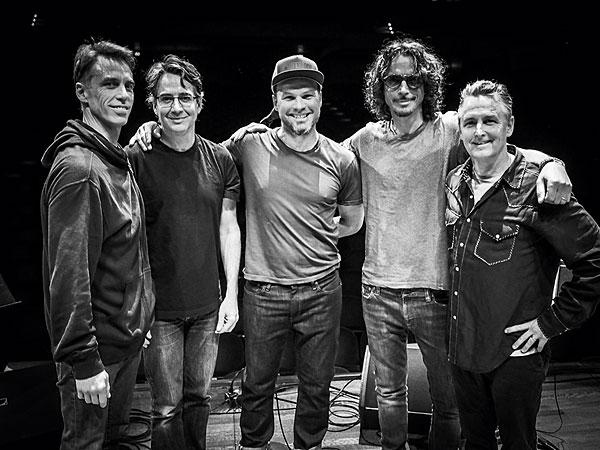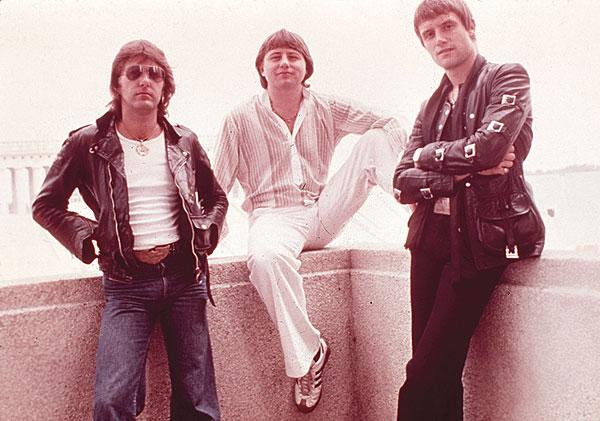|
Apr 19, 2018
|
Feb 28, 2018
|
Feb 14, 2018
|
Jan 31, 2018
|
Oct 04, 2017
|
Aug 23, 2017
|
Aug 09, 2017
|
Jun 07, 2017
|
Mar 17, 2017
|
Feb 10, 2017


